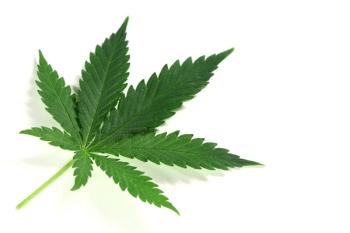CBD as a Treatment for Toxicosis in Dogs: Highlights from a Pending Case Report
Researchers examined a half-dozen medical records involving CBD used to treat THC toxicosis in dogs.
A
According to the article, the researchers studied the outcomes of six cases of toxicosis seen in a private primary care practice and a private emergency practice. In summary:
- Five of the cases used only transmucosal 0.4-2.6 mg/kg of CBD
- One case also involved injectable anti-emetic therapy
- Five cases saw clinical signs resolve within 45 minutes of the treatment and improvement of lethargy and ataxia
None of the cases needed follow-up measures for the toxicosis. The report suggested that the treatment method used was demonstrated to quickly resolve symptoms in a minimally invasive way, one that clients and veterinarians can access easily.
In a 2023
CBD use for pets has seen increase in other areas as well. Research on CBD and other cannabinoids for therapeutic uses in pets is continuing to emerge, explained Robert Silver, DVM MS CVA, author of the book, Medical Marijuana and Your Pet, and founder of the Well-Pet Dispensary, in a recent interview with Cannabis Science and Technology. “We have had a couple of decent studies in epilepsy,” he stated. “One study used a blend of CBD and CBDA [cannabidiolic acid], and at fairly reasonably low dosages of about a milligram per each of those, or twice daily. And they were able to get reasonably good success, better success than the other
Dr. Silver also mentioned the need for effective and inexpensive treatments. “These are really very sad cases, because they could be on three different types of anti-convulsant drugs. They could be walking zombies, because many of these drugs create a sedation, and yet still have seizures. And the drugs are expensive, the dogs are miserable, so if we can find anything that can help with that – that's good that they were able to do that.”
Reference
- Marsigliano, K.; Green, K.; DiGangi, BA. Case Report: Treatment of non-medical tetrahydrocannabinol toxicosis with transmucosal cannabidiol-infused dissolving sheets in six dogs. Frontiers in Veterinary Science 2024 DOI:
10.3389/fvets.2024.1448123
Newsletter
Unlock the latest breakthroughs in cannabis science—subscribe now to get expert insights, research, and industry updates delivered to your inbox.





